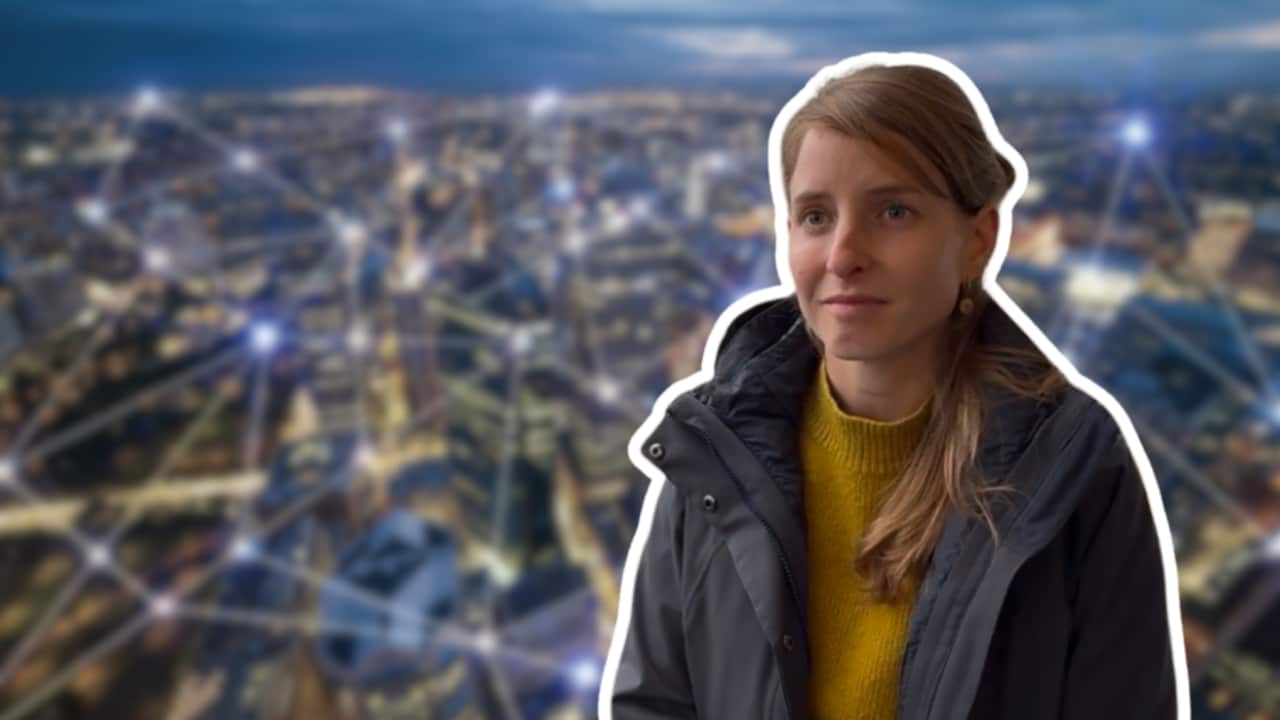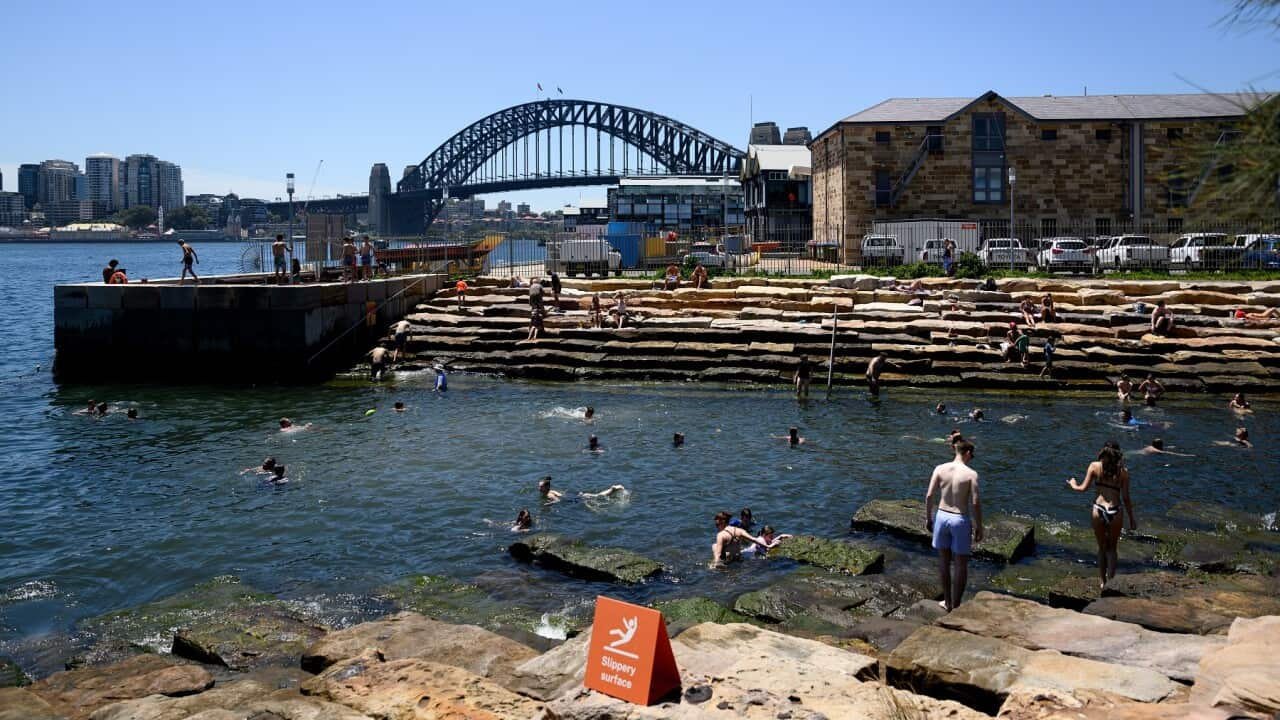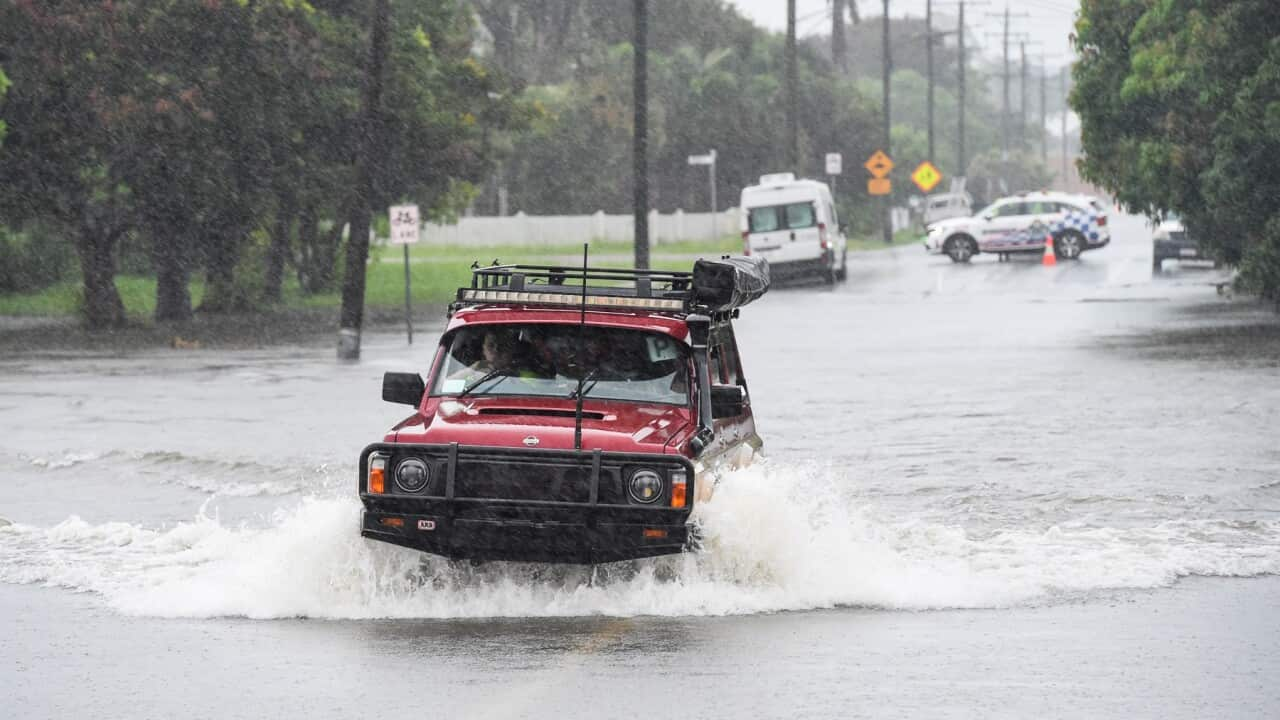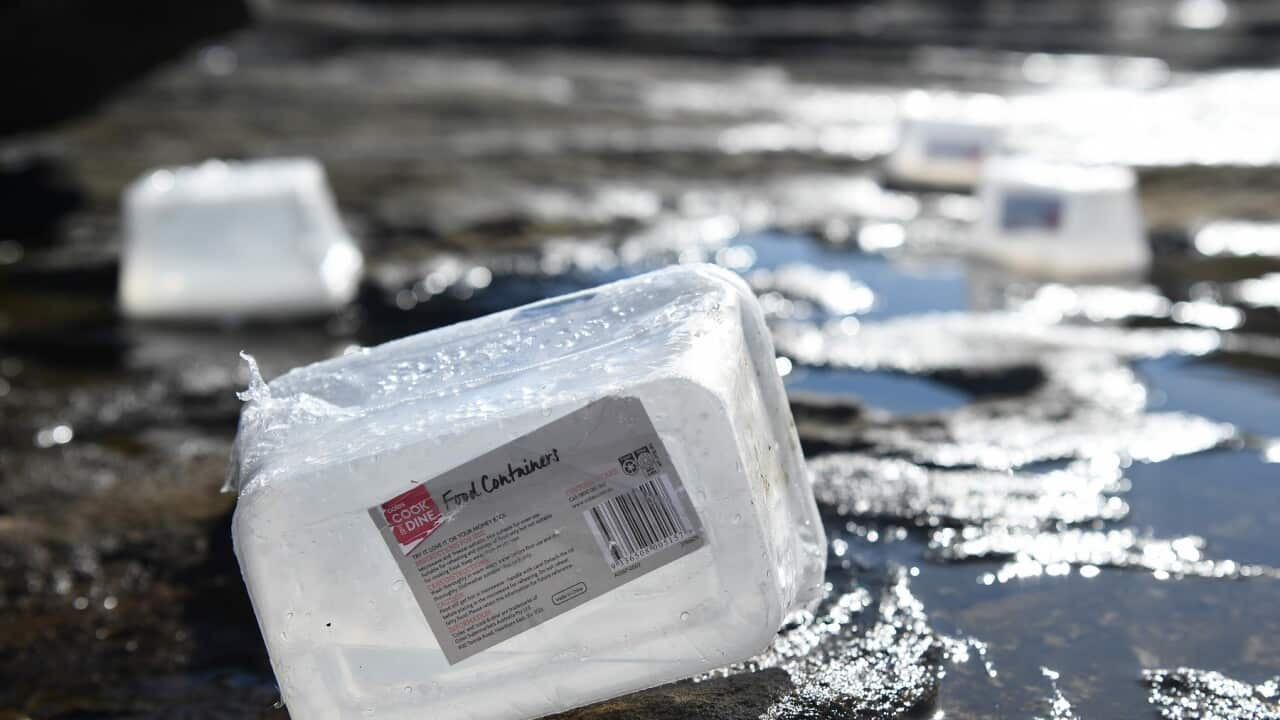TRANSCRIPT
In Fiji, rising sea levels in response to a changing climate are threatening the livelihoods of many communities.
Vani Catanasiga is the executive director of the Fiji Council of Social Services, or F-COSS,
It's a civil society organisation with a local-approach to climate-related disaster response as well as building community resilience.
"They experience issues of or difficulties or challenges with regards to safe drinking water, health services, social services, education, because climate change disrupts our normal way of life."
But even in Fiji the spread of mis- and dis-information is rife.
80 per cent of people are online - many turning to social media for news.
"FCOSS has had to talk to some government agencies about ensuring that the information that they provide is correct, does not cause alarm or maybe confuse citizens. We are hoping that we can at least tackle mis and disinformation in disasters because it saves lives."
The proliferation of misinformation, spread due to error or mistake, and disinformation, designed to deliberately mislead or influence, is on the rise globally.
Unchecked information can be disseminated through social media platforms, algorithmic recommendations and the growing influence of generative AI which can be used to create fake content.
This is Katharina Wecker, who is part of the Climate Journalism Network in Germany.
"On social media, we are still seeing a lot of fake news and climate. In the mainstream media of politicians, we are seeing a lot more subtle disinformation."
This is Alexander Sängerlaub, the founder of think and do tank 'Futur eins', which looks at the future of digital public spheres.
"There's another psychological phenomena called confirmation bias, it means everything that fits into my worldview or my mindset, I believe it, because it really fits the frame or the ideas I have about the word."
Countries like Germany have adopted legal frameworks to make big tech responsible for the spread of fake or false information.
In Australia, a bill to further crack-down on mis-and-disinformation was quashed late last year, due to concerns around safeguarding freedom of expression.
"It's too much responsibility on us as consumers and too less on these platforms who are doing not much to help us to really understand what is the disinformation.”
According to the Climate Social Science Network, there are extensive networks across Europe attempting to obstruct climate action - but in Germany an increase in climate denial has been linked to the rise of far right ideology.
Ahead of Germany's federal election, far-right party 'Alternative for Germany' appears to be gaining traction - the only large party to reject climate action.
This is Laura Schäfer from German Watch, an independent development, environmental, and human rights organisation.
“Climate denial will not stop the climate crisis. The physics are clear and also the impacts are clear. It is of course the Pacific and other people and countries most vulnerable who are then feeling the impact of that.”
An urgent call to counter mis- and dis-information in an ever connected world.
This story was part of a research trip hosted by the German Federal Foreign Office in cooperation with the National Press Club of Australia.













